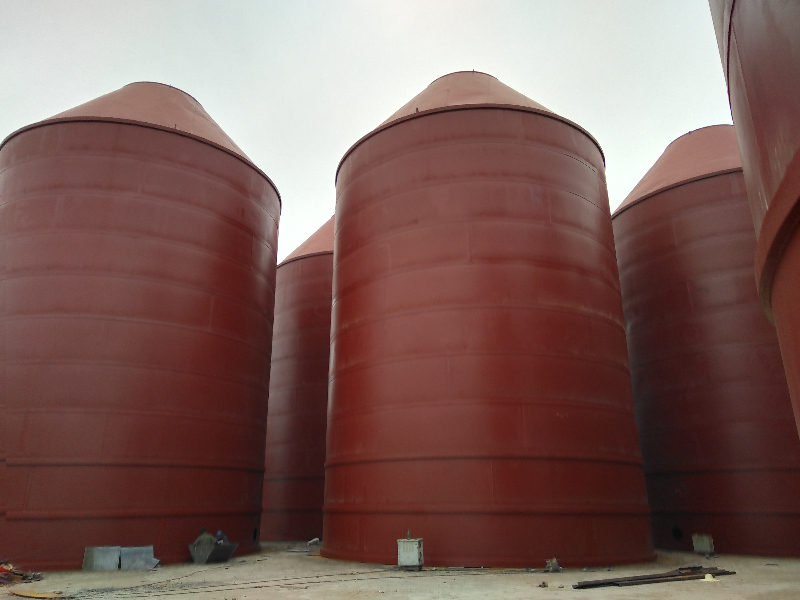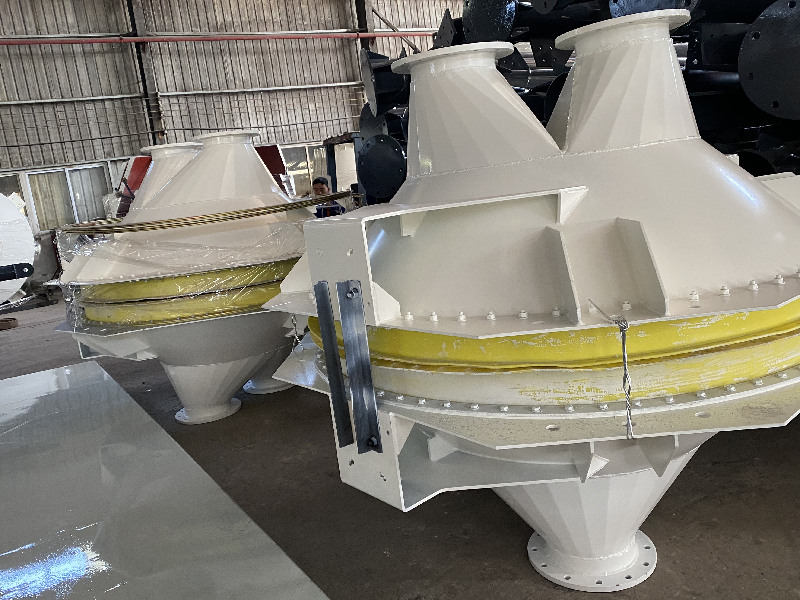Structural and Safety Impacts:
Earthquakes can significantly affect the structural integrity and safety of metal silos. The ground shaking can cause welds, connections, or bolts to loosen or break, leading to deformation or rupture of the silo walls. Additionally, the foundation may suffer from uneven settlement due to earthquakes, causing the sand storage silo to tilt or become damaged, increasing the risk of collapse and posing threats to both personnel and property safety.
Functional and Economic Impacts:
Earthquakes can also impact the functionality and economic aspects of metal silos. The loading and unloading systems, conveyor equipment, and control systems may be damaged, affecting normal operations and leading to production interruptions. At the same time, compromised sealing can result in material leakage or moisture, affecting the quality of the stored material and the silo's storage capacity. These impacts can lead to supply chain disruptions and increased economic losses for businesses, including costs for repair and reconstruction, as well as potential losses from production halts.
Maintenance and Environmental Impacts:
Post-earthquake, metal silos may require more frequent inspections and maintenance to ensure their safety and reliability, increasing maintenance costs. Moreover, the protective layers or coatings on the silo may be damaged, accelerating corrosion and shortening the service life of the silo. Environmentally, material leakage from the silo can pollute the surrounding environment, and damaged silos may no longer meet current safety standards, necessitating structural assessments and upgrades to comply with regulations and standards.
 |
 |